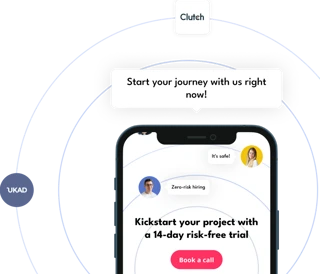You can imagine the discovery phase as a playground to brainstorm ideas, assumptions, constraints, and thoughts. It is a place where everyone involved in the project can have an in-depth conversation about the details before committing to start the project.
Skipping the discovery phase can have serious consequences and ultimately lead to project failure. It is a crucial stage in the software development process that provides a foundation for a successful project outcome. Without it, the project is more likely to face a range of problems, including:
Misaligned expectations
Without a clear understanding of the client's needs and goals, there is a high probability do not deliver what the client expected. It leads to dissatisfaction and even termination of the project.
Unclear scope of work
Without defining the project scope during the discovery phase, the development team may work on tasks, which are outside the original scope, leading to increased costs and missed deadlines. It is a place where so-called gold plating might happen.
Incomplete requirements
Skipping the discovery phase means that the development team may not receive all the necessary information to create an effective solution. It leads to missed features and functionality crucial for a successful project.
High level of uncertainty
There should be a high level of uncertainty among the team due to the lacking details and information. Sometimes, we call them unknown unknowns.
Decreased communication
Without establishing a foundation of trust and communication during the discovery phase, the client and development team may struggle to communicate effectively throughout the project. It causes misunderstandings and miscommunication, leading to decreased efficiency and project delays.
So, skipping the discovery phase in software development is not recommended due to the possibility of severe outcomes. It is a critical stage of the process that lays the foundation for a successful project by gathering information, defining goals, and aligning expectations.





